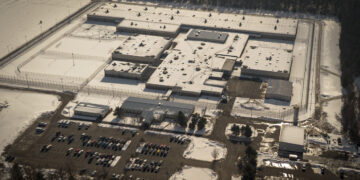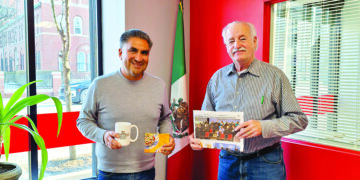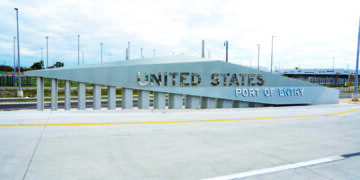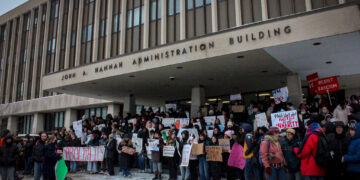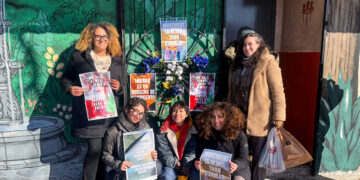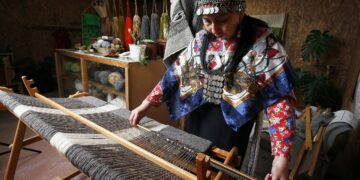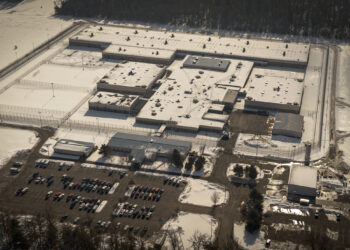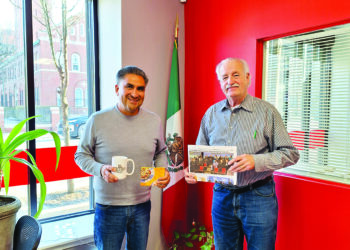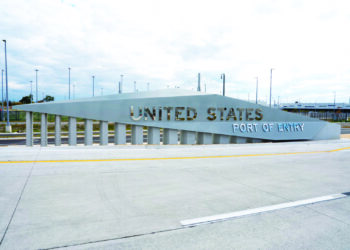The developers of a professional soccer stadium project in southwest Detroit still are in talks with an advisory group formed to ensure the surrounding area secures benefits as a condition for tax breaks for the project.
The Detroit City Football Club (DCFC) wants to build a 15,000-seat outdoor stadium with adjacent housing and a parking deck on Michigan Avenue near 20th Street. The club seeks $88 million in tax abatements for the project. A Neighborhood Advisory Council (NAC) was formed to negotiate benefits, a requirement for the tax breaks. The Detroit City Council will vote on the finalized agreement.
NAC members submitted more than 50 requests to club officials and still are working to forge an agreement.
“We have a lot of hard work ahead of us,” said NAC member Sam Butler.
Sheila Cockrel, a NAC member and former Detroit City Council member, said she wanted to have the agreement finalized this week. “We will get through it … period,” she said.
The club already has agreed to hourly wages, safety plans for fans coming and going from the area and 3,000 complimentary tickets for low income residents in the area around the stadium.
Sean Mann, a cofounder of the team and spokesman for the $150 million project, said the team will pay property taxes on the stadium, is not accepting any direct public dollars for the project, is committed to hiring Detroiters for jobs and to work with the community to allay concerns. He lives walking distance from the proposed stadium.
But club officials would not agree to daycare for stadium workers, still is in talks for cultural offerings and for funding of home repairs near the stadium as a condition for approval.
Parking appears to be a major issue for residents and businesses in the area. Mann said he has obtained at least 2,600 parking spots, which is more than required by city ordinance.
Traffic flow also is a concern. City officials said they are going to have to make changes by either adding intersections or other ways of helping people get safely to and from the stadium.
“Safety is first and foremost,” said Sam Krassenstein, chief of infrastructure for the Detroit Department of Public Works. “There has to be safer crossings paths than there are today.”
The DPW is studying how people attend games at the soccer club’s current stadium in Hamtramck.
“We know there are going to be additional crossings,” he said.
Oversight for the project once it is completed also was of concern for the NAC members. They want to make sure that once an agreement is reached, it is enforced.
Jacob Jones, Incentive Compliance Manager for the city, said officials will monitor the development to make sure the agreement is adhered to. He said the Stellantis plant in the city secured tax breaks and had to follow the same procedure as the officials for the soccer stadium.
After the plant was built, the city was asked to look into whether or not an internship program for Detroit students that was agreed to was created.
Officials found that money was set aside for the program as agreed but it had gotten wrapped up into a bigger program that still met the conditions of the agreement.
“If there is a complaint or concern, we will investigate it,” he said.
******
Santiago Esparza is a Detroit-based freelance writer. He is a native of Southwest Detroit
This article was made possible thanks to a generous grant to EL CENTRAL Hispanic News by Press Forward, the national movement to strengthen communities by reinvigorating local news. Learn more at www.pressforward.news.










